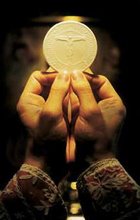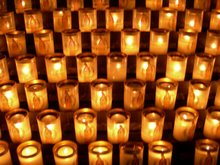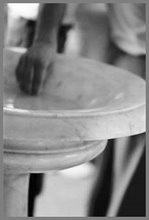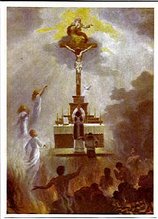

(Source: Pamphlet entitled The Confraternity of Our Lady of Sorrows, published by the Order of Friar Servants of Mary. Chicago, IL)






 "The compassionate love of Christ teaches us to look to the needs of people, without judging their consciences. Sometimes their distress will be all the greater in proportion to the injury they may have done to us. And no one is more destitute than the one who has lost even his self-respect and is reduced to begging. Our kindness to those in difficulty will be a sign, a reason for men to believe that the compassion of Jesus is still at work."
"The compassionate love of Christ teaches us to look to the needs of people, without judging their consciences. Sometimes their distress will be all the greater in proportion to the injury they may have done to us. And no one is more destitute than the one who has lost even his self-respect and is reduced to begging. Our kindness to those in difficulty will be a sign, a reason for men to believe that the compassion of Jesus is still at work.""I may add that this way of annihilation, against which nature cries out so strongly, is not really so painful as we imagine, and it is even sweet. For, first of all, our Lord and Savior Jesus Christ has said so. "Take My yoke upon you," He says, "for it is easy and light." However heavy this yoke may be in itself, God will lighten it to those who willingly take it up, and who consent to bear it for the love of Him. Love does not prevent us from suffering, but it makes us love our sufferings and prefer them to all pleasures."
"The reward, even in this world, of annihilating ourselves, is a peace of heart, a calm in our passions, a cessation of all the agitations of our mind, of all murmurs of interior revolts."
"Let us examine the proof of this in detail. What is the greatest evil of suffering? It is not the suffering itself, but it is our rebellion against it, it is the state of interior revolt which so often accompanies it. A soul that is perfectly annihilated will suffer all the evils imaginable without losing the sweet repose of its blessed state: this is a matter of experience. It costs a great deal to attain to this state of annihilation, we must make the greatest efforts over ourselves; but when we have once attained it we enjoy a peace and repose proportionate to the victories we have gained. The habit of renouncing ourselves and of dying to ourselves becomes every day more and more easy, and we are astonished at last to find that what seemed to us once intolerable, what so frightened our imaginations, raised up our passions, and put our whole nature in rebellion, does not even give us the least pain after a certain time."

 Jesus reached out His miraculous charity to outcast lepers and pagan foreigners. These were attracted to Our Savior and disposed to believe in Him because of his loving treatment, kindness and of course His miracle working. They believed in Him definately, and had to before Jesus would do as they requested. He told His disciples "I have given you an example."
Jesus reached out His miraculous charity to outcast lepers and pagan foreigners. These were attracted to Our Savior and disposed to believe in Him because of his loving treatment, kindness and of course His miracle working. They believed in Him definately, and had to before Jesus would do as they requested. He told His disciples "I have given you an example."
 This image come to you via The Roving Medievalist
This image come to you via The Roving Medievalist
 Above is pictured the Servite Black Scapular of Our Lady's Sorrows. I've been looking for a picture of these for quite some time. I am still looking for a place to buy one - but doubt that one this nice is still available.
Above is pictured the Servite Black Scapular of Our Lady's Sorrows. I've been looking for a picture of these for quite some time. I am still looking for a place to buy one - but doubt that one this nice is still available.

 Scrooge meeting the Ghost of Christmas Past - an appropriate image of annihilation.
Scrooge meeting the Ghost of Christmas Past - an appropriate image of annihilation.


 "The First Night of the Holy Family In EgyptJesus could rest only on the heart of Mary."
"The First Night of the Holy Family In EgyptJesus could rest only on the heart of Mary." St. Benedict Joseph Labre
St. Benedict Joseph Labre







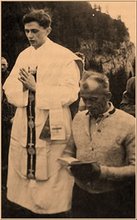
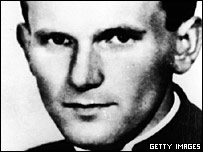
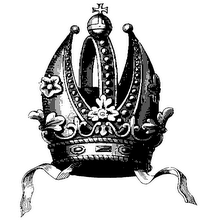
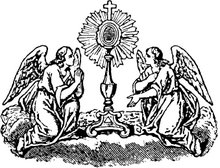
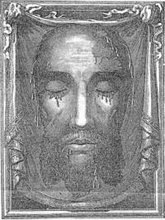
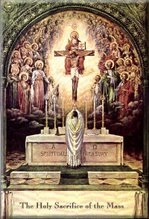

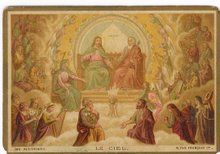




01.jpg)














